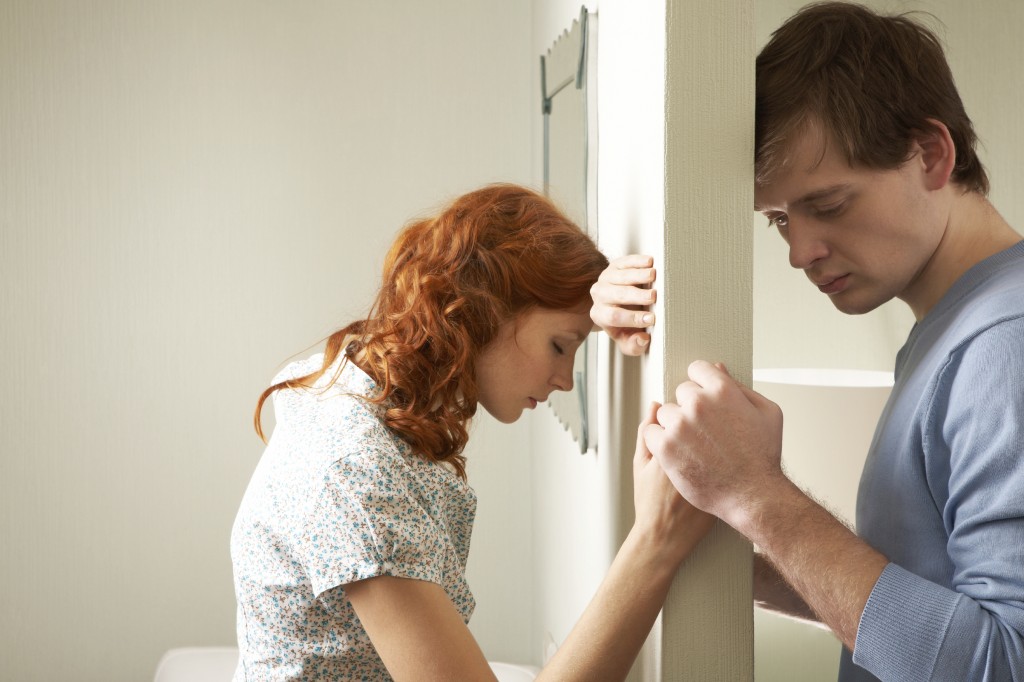The Power in Saying “I’m Sorry”
- Published: Wednesday, September 17th 2014
- in Relationships

Recently I was asked if women apologize too much (they do) and, if chronic apologies are detrimental to relationships (sometimes they are). But most of the time, the words “I’m sorry” can go a long way to saving a relationship.
Couples who battle to be right all the time, the ones who bicker and engage in power struggles are putting their own selfish needs ahead of the relationship. Some believe that an apology, an honest, heartfelt, head-lowered olive branch is somehow weak. That it is the loser who always apologies. I beg to differ. In truth, vulnerability is usually the power position in inter-personal relationships.
For starters, the one who apologizes is the first one to step out of the he says/she says word-war and look at the playing field. They are the one to realize that a couples’ war is a domestic war. They are not fighting a foreign invader. They are hurting themselves.
Secondly, despite the fact that research shows that women apologize more than men (sometimes as a tactic to placate) a study out of UC Berkley demonstrated that when wives cool off faster than husbands the couples report higher marital satisfaction. And cooling down may exhibit itself as the first one able to say “I’m sorry.” Rather than thinking of an apology as a weak player move, imagine that playing the role of caretaker and peacemaker in relationships is a power move.
Of course, I’m talking about relatively healthy relationships. If one partner incessantly apologizes because he or she is insecure and basically “feels sorry for being on the planet,” that’s another matter, and one that should be addressed in personal therapy. But a well placed, diplomatic “I’m sorry” can be a strategic power move that can lead to a much stronger relationship.



